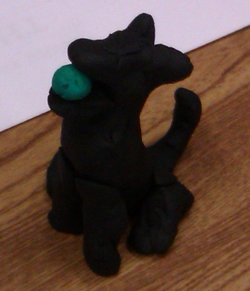What does root cause analysis have to do with custom training design?
How about Everything?!
You might think you need training, and you might be 100% correct. But every training request stems from a problem that needs to be solved. When a simple transfer of knowledge provides the solution, training is the obvious tool to use. But what if the problem at hand requires behavioral changes, task restructuring or a new approach to strategic planning? This is where root cause analysis plays a critical role in determining whether training is required, and if so, what that training should include and how that training should be delivered.
Why HR is committed to getting to the root cause of your training needs so you don't waste your time and resources in training sessions that fail to connect the necessary dots.
Custom training should be:
Relevant
Staff should be involved in training design and delivery for the most impactful results. It's amazing what we can learn from each other!
Safe
Learning new things can present a challenge for every person at some point in time. We don't learn until we get out of our comfort zones, but we must never be so far removed that we lose our feeling of being safe, intelligent and valued.
Engaging
Who says training must be dry and boring? This Playdoh sculpture created impactful learning. Check out this blog to find out how.
Building an internal training design team:
The next time you consider developing a custom training program for your workplace, pull together a group of employees who will attend that training and ask them these questions:
What is the best and worst training experience you have had as a learner?
What factors made each of those training events especially effective or ineffective for you?
What worked? What didn’t? And why?
As their answers emerge, you will begin to understand why internal training design teams are so effective. A team can assure relevant training content and provide added creativity and insights into coworkers’ comfort levels. A team approach also helps motivate coworkers and builds excitement since these learners are taking ownership of their own training programs.
Why HR can bring this critical team-building experience to your organization! Contact Kathy to learn how.


